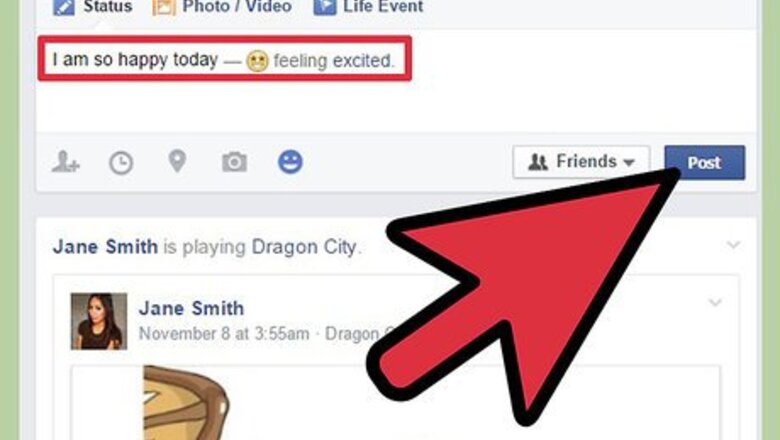
views
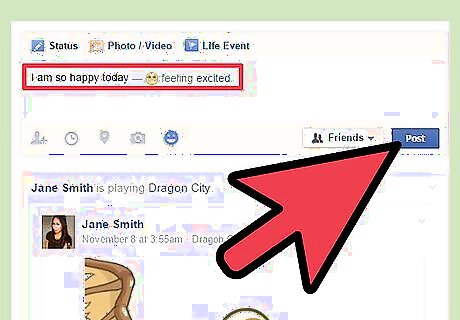
Post statements you’d feel comfortable sharing with your boss or clients in person. Before you make any comment or post, consider how you’d feel if your boss or clients read what you’ve authored. Never use foul language or curse words. One of the fastest ways to diminish your credibility is to curse or use derogatory language online. Re-read each comment or post to ensure it is not offensive or contains offensive language. Even innuendos may be enough to cause people to think twice about your character, so take care. Avoid sharing emotionally, religiously or politically charged statements. If you wouldn't do this in the workplace, don't do it online either. Don’t make statements that could offend or turn off other people. Steer clear of getting on your soap box about political candidates, religions or starting emotionally charged arguments or heated discussions. All of this can lead to disappointment down the career track.
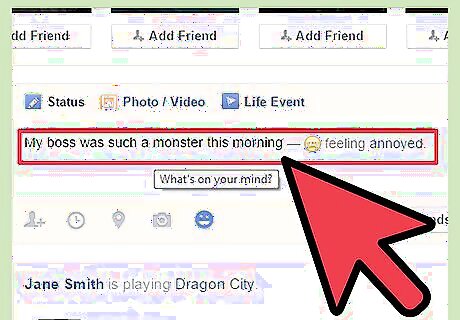
Never comment about work online. Whining or complaining about work on social media is akin to announcing that you're not a professional. On the other hand, if you brag about an accomplishment or brashly talk about landing certain clients you’ll appear arrogant and there is a risk that your bravado will distress coworkers who think you're stealing all the glory or annoy clients who want things to stay low key. The only cases where talking about work online is acceptable is to perhaps congratulate a colleague or client for an accomplishment, or to express how much you enjoy your work without a specific deal or win being mentioned.
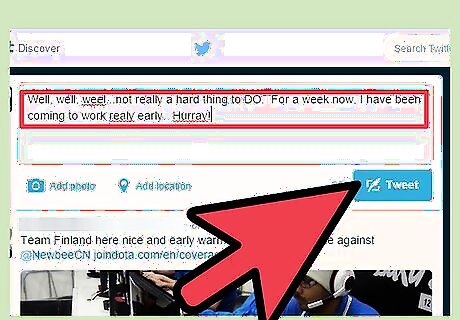
Be grammatically unimpeachable. Double check your statements for typos. Before you post, edit your comments. If you want to be taken seriously, make sure everything you write is grammatically correct and void of typos. Look for browser extensions like Grammarly to help check your spelling and grammar before you post.
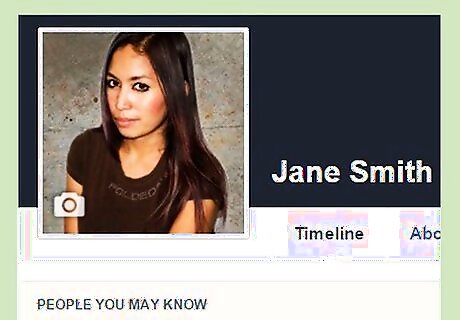
Post photos of yourself that you consider to be professional. Photos of you showing your abs, cleavage, drunken evenings with friends or making obscene gestures to the camera should not be posted. Ever. Carefully select your profile picture. Select from pictures of you participating in a sporting event, at a fun family gathering or a simple portrait would be acceptable. Profile pictures to avoid including wild party pictures or photos of you in a bathing suit or a skimpy outfit (even if you have a banging body). If you must post these, keep them very private and only allow close friends access. Be mindful when posting any photo. Any photos posted by you should be clean and “G” rated, no matter where it is in your profile. Delete inappropriate photos or don’t post photos displaying sexually charged situations or where alcohol or drugs are involved. UN-tag yourself if you’ve been tagged in unprofessional photos. You may not have control over what your friends post, but you can UN-tag yourself in photos so your network won't be able to view the photo. You can also consider asking friends to delete the photo if it’s particularly embarrassing.
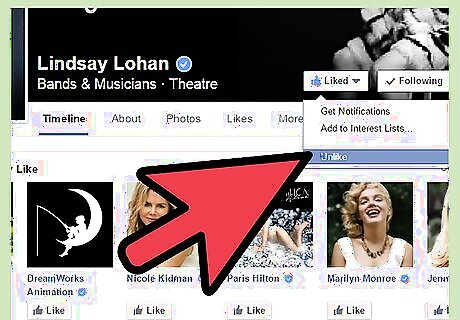
Share links or other friend’s information that may be considered to be universally acceptable. Remain neutral or uncontroversial by not posting links or liking pages that might be considered to be questionable or inappropriate. Be aware that you are as liable as the original poster for liking or passing on defamatory or other legally dubious statements, photos or content. Don’t “like” controversial characters or celebrities. Pages such as mainstream news sources or links to globally acceptable activities such as sports, home and garden, autos, children or pets should be fine. However, liking political candidates, religious groups, certain musical groups, controversial movies and television shows may tarnish your reputation with certain people. It all depends on the kind of work circles you move in and how conservative a career trajectory you're following––you'll know whether or not this advice resonates with the choices you've made for your career. If you post news and information on your page or on a friend’s page, make sure it is not showing bias. Examples of acceptable links include sharing a popular, upbeat news story, sports news or tips on home and gardening. The less controversial and more homely, bland and lacking in politicized/opinionated agendas, the safer you are with sharing it. Again, the extent of sanitization of your information will depend on the career path you've chosen.
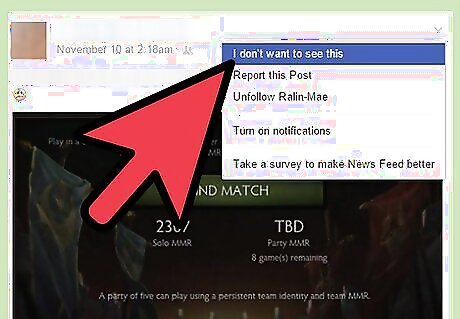
Hide friend’s comments or information that is deemed to be inappropriate. Remaining professional online means that you don’t want to associate with people who post inappropriate comments on your page. Steer clear of angry or controversial conversations. If a friend or colleague posts something angry or emotionally charged on your page, delete the comment and call the friend or send him or her a private message. Also, if a friend is fighting with someone on a social media channel never participate or add a comment. This is simply good etiquette, to avoid adding fuel to the flames. Private message friends who consistently post inappropriate information or comments on your wall. Ask the friend to stop using certain language or talking about particular topics on your wall. Unfriend or hide all posts from friends who cannot abide to your wishes. If a friend begins to take up too much time because you constantly have to monitor his or her behavior on your page, you may need to unfriend this person.
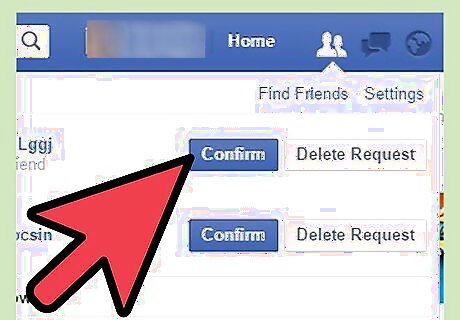
Only link, follow, or friend people you know and trust. Only associate yourself on social media with people with whom you have a relationship and are aligned with your goal of keeping a professional presence on social media. Consider whether you want to friend professional colleagues on social network pages. Although your goal is to maintain a professional personality on social media, you may want to either create a separate page for colleagues and/or clients or make it a policy not to friend people from your professional life. Maintain a secure page that only allows friends in your network to view your information and photos. A secure page provides you with more control over what people outside your network can see, allowing you to maintain a better grasp of how you are presented.










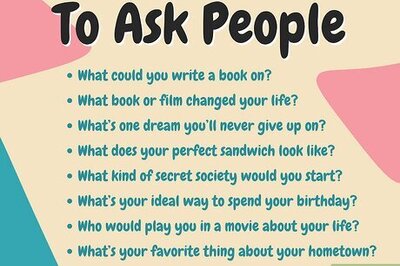







Comments
0 comment